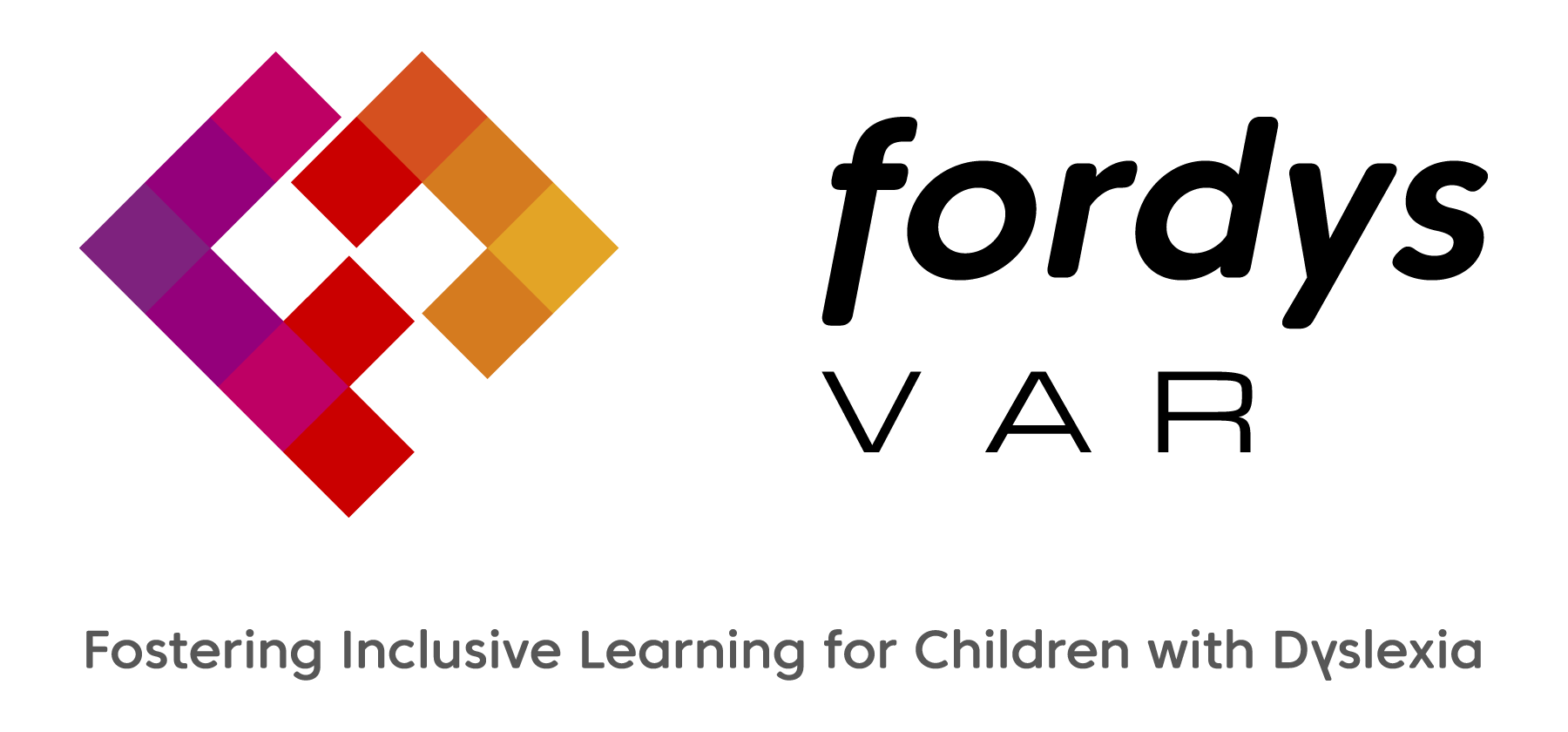In november 13th, 2007, the European Parliament voted the Declaration of the European Parliament on "dys'crimination and social exclusion affecting children with "dys'abilities. In this Declaration was considered that more than 10% of children are affected each year by one or other "dys"-type disability such as dysphasia, dyspraxia, dyslexia, dyscalculia or attention deficit disorder, etc.
In this line the European Commission elaborated in 2015 a Join Report to review the progress of the implementation of the Strategic framework for European cooperation in education and training (ET2020). In this report the Commission setting new priorities for education and training up to 2020. In this line six priority areas were established, among which was Inclusive education, equality, nondiscrimination and promotion of civic competences and Open and innovative education and training, including by fully embracing the digital era.
Our proposal covers both initiatives because tries to improve the learning of people with dyslexia through technology. Specifically, the proposal covers two concrete issues proposed by European Commission: “…enhancing access to good quality and inclusive mainstream education and training for all learners, including those from disadvantaged backgrounds, those with special needs…” and “Promoting the use of ICT as a driver for systemic change to increase quality and relevance of education at all levels.
At the moment, Dyslexia is the most common form of learning difficulty, with a prevalence of at least 10 percent, putting more than 700 million children and adults worldwide at risk of life-long illiteracy and social exclusion (Springer-Charolles, Siegel, Jiménez & Ziegler, 2011).
In the European Union context 2.500.000 dyslexic school children have a specific disorder in learning to read and spell (dyslexia). Dyslexia is one of the development disorders that has been most discussed and researched, however, intervention through technology is relatively recent.
For this reason, The FORDYS-VAR main objective is to provide an opportunity to improve the learning of people with dyslexia through technology, specifically Virtual Reality (VR) and Augmented Reality (AR).


